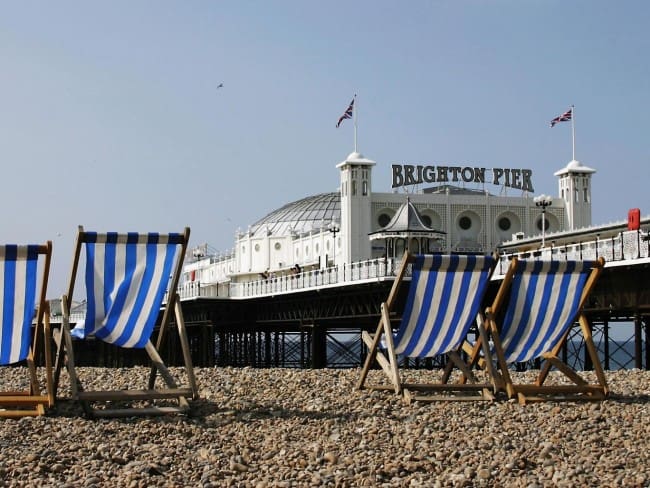Brighton has built a thriving tech scene over the past ten years but needs to plug the talent gap if it’s to continue growing, according to a panel of local business leaders.
Speaking at the recent Times’ Silicon Beach panel event, Claire Hopkins, managing director at IT solutions firm IDEAL said: “Attracting staff is difficult. The challenge is that businesses need to build a strong brand that’s good enough to draw people that would otherwise be jumping on the train for London.”
The draw of the capital isn’t the only thing holding Brighton back in terms of retaining talent, the soaring house prices in the popular seaside report are inflaming the issue. “The initial conditions that drew people to Brighton were that it was a nice and cheap place to live but that’s just not true any more. People are finding themselves priced out,” Andy Budd, chief executive of web design consultant Clearleft said.
Businesses are also struggling to find a place to put down roots. “The permitted development rights, which make it easier to turn work space into residential, have had a negative effect on the city,” Phil Jones, managing director of digital membership organisation Wired Sussex said. “It’s been used by developers here to make a lot of money – we’ve lost 750,000 square feet of business space in the last two years. It means it’s hard for businesses to find space.”
While some businesses found that they were able to find more mature talent, with families moving out of London to bring up children by the sea, there just aren’t enough skilled graduates coming out of the universities. “Universities haven’t realised the gold mine they sit on in terms of the digital community and desire to hire here and so they’re not producing the talent we need and expect,” Budd said.
Access to skills may be one of the biggest headaches for Brighton based businesses, but the city has a lot going for it in other ways. “The city has fantastic networks and it’s really easy to come here and make lasting connections,” Rifa Thorpe-Tracey, founder at mindfulness company Refigure, said. Jones backed this up, pointing out that Tech City did a survey and found Brighton, not east London, to be the best connected tech cluster in the EU.
Brighton also seems to have the right balance between creative and technology types. “Technical skills are important but so is the creative side and I think Brighton has that far more than any other place,” Simon Riley, founder of educational technology company MakerClub said. But he added that the universities could do with a shake-up. “We do a lot of work with them and they do seem a bit behind. We’ve got a big skills gap and slow moving institutions.”
In order to give the city a step-up, Budd called for further investment from government to give the universities the help they need: “We need a leader with vision who says ‘I want to turn this university into the leader digital educator’. They need to hire the right people and create a kickass course and then people will come in droves.”


